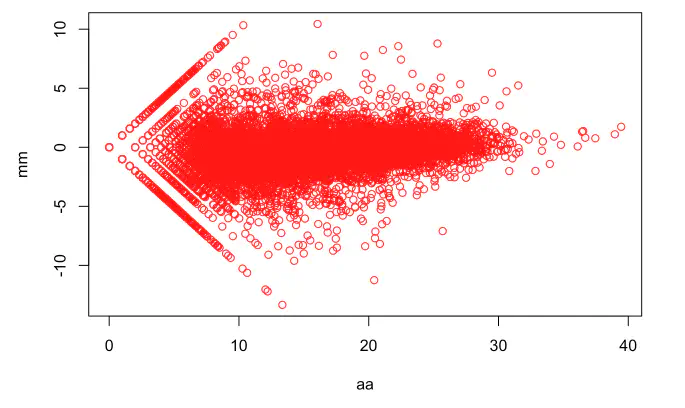Unveiling the Statistical Genomics Landscape

Introduction
Embarking on the Genomic Data Science Specialization at Johns Hopkins has been a profound journey, weaving together the tapestry of statistics and genomics. Over the course of my journey, I’ve immersed myself in the captivating topics within these two disciplines, reinforcing my decade-long engagement with statistical genomics and sparking a crucible for continuous learning.
R Markdown files and datasets, from this statistical genomics exploration can be found on my Github.
Week 1: Foundations of Statistical Genomics
Week 1 served as a gateway into the world of statistical genomics, providing an overview of the pivotal role statistics plays in genomic data science. Participants delved into the complexities of representing and interpreting genomic data, laying the groundwork for robust statistical analysis. Emphasis was placed on reproducible research, mastering R Markdown, and the intricacies of experimental design, including considerations of variability, replication, and power. The week culminated in harnessing the power of exploratory analysis in R to unveil genomic patterns.
Week 2: Transformative Insights through Statistical Techniques
Building upon the foundational knowledge of Week 1, Week 2 explored advanced statistical concepts in the context of genomics. Participants learned techniques for dimension reduction, simplifying complex genomic data structures through practical implementation in R. The week also delved into the intricacies of pre-processing and normalization, focusing on quantile normalization in R to ensure data consistency. Understanding the power of the linear model and addressing challenges like batch effects in R were key components, providing participants with a more nuanced understanding of statistical techniques in genomics.
Week 3: Statistical Inference Unveiled
Week 3 set the stage for statistical inference, highlighting its pivotal role in genomic research. Participants applied logistic regression to decipher patterns in binary outcomes and explored regression for count data using generalized linear models in R. The week also focused on understanding the complexities of null and alternative hypotheses, calculating statistics, and navigating the landscape of multiple testing. This week provided a deeper dive into the statistical foundations necessary for robust genomic analyses.
Week 4: Beyond Basics - Applications and Best Practices
Culminating the course, Week 4 delved into advanced applications and best practices in genomic data science. Participants explored gene set analysis techniques, delving into enrichment analysis and implementing them practically in R. The week extended knowledge to various data types, such as RNA-seq, Chip-Seq, DNA methylation, GWAS/WGS, and integrated them through eQTL analysis in R. Navigating the delicate balance between precision and inference, understanding researcher degrees of freedom, and recognizing when to seek assistance provided insights into the practical considerations essential for effective genomic research. The course concluded with a reflection on the evolving landscape of genomics and the indispensable role of statistical tools in navigating the future of genomic data science.
Key Takeaways
- Proficiency in statistics is essential for navigating genomic data science effectively.
- Transparent research practices and tools like R Markdown ensure reproducibility and integrity.
- Techniques such as dimension reduction and addressing batch effects provide deeper insights into complex genomic data.
- Statistical inference, including logistic regression, unveils patterns in genomic data.
- Gene set analysis, diverse data type exploration, and eQTL analysis in R offer advanced applications, enhancing genomic understanding.
In conclusion, this course has been a beacon illuminating the intricate nexus of statistics and genomics. The mastery of statistical tools is not just a skill; it’s a key that unlocks the door to nuanced exploration in modern biology. As genomics evolves, the adept use of statistical tools remains an indispensable compass, guiding researchers and enthusiasts towards endless possibilities and discoveries.